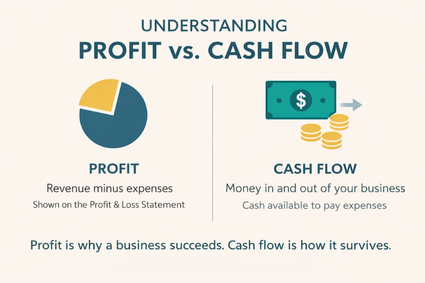Year End Part One: Account Reconciliaton
Account reconciliation is a crucial task that holds immense importance at the end of the year. It involves comparing financial records to ensure accuracy and consistency between different accounts. By reconciling accounts, businesses can identify discrepancies, resolve errors, and maintain the integrity of their financial data.
The process of account reconciliation helps in detecting any inconsistencies or discrepancies that may have occurred throughout the year. It ensures that all transactions are accurately recorded and accounted for, providing a clear and accurate picture of a company's financial health.
Reconciling accounts at year-end also plays a vital role in preparing financial statements, tax returns, and other regulatory filings. It helps businesses comply with legal requirements and provides stakeholders with reliable information about the company's financial position.
Furthermore, reconciling accounts allows for better decision-making by providing accurate insights into cash flow, revenue recognition, and expenses. It enables businesses to identify areas where they can improve efficiency or reduce costs.
In summary, account reconciliation is an essential process that should not be overlooked at year-end. By ensuring accuracy and consistency in financial records, it enables businesses to maintain transparency, comply with regulations, make informed decisions, and ultimately achieve long-term success.



